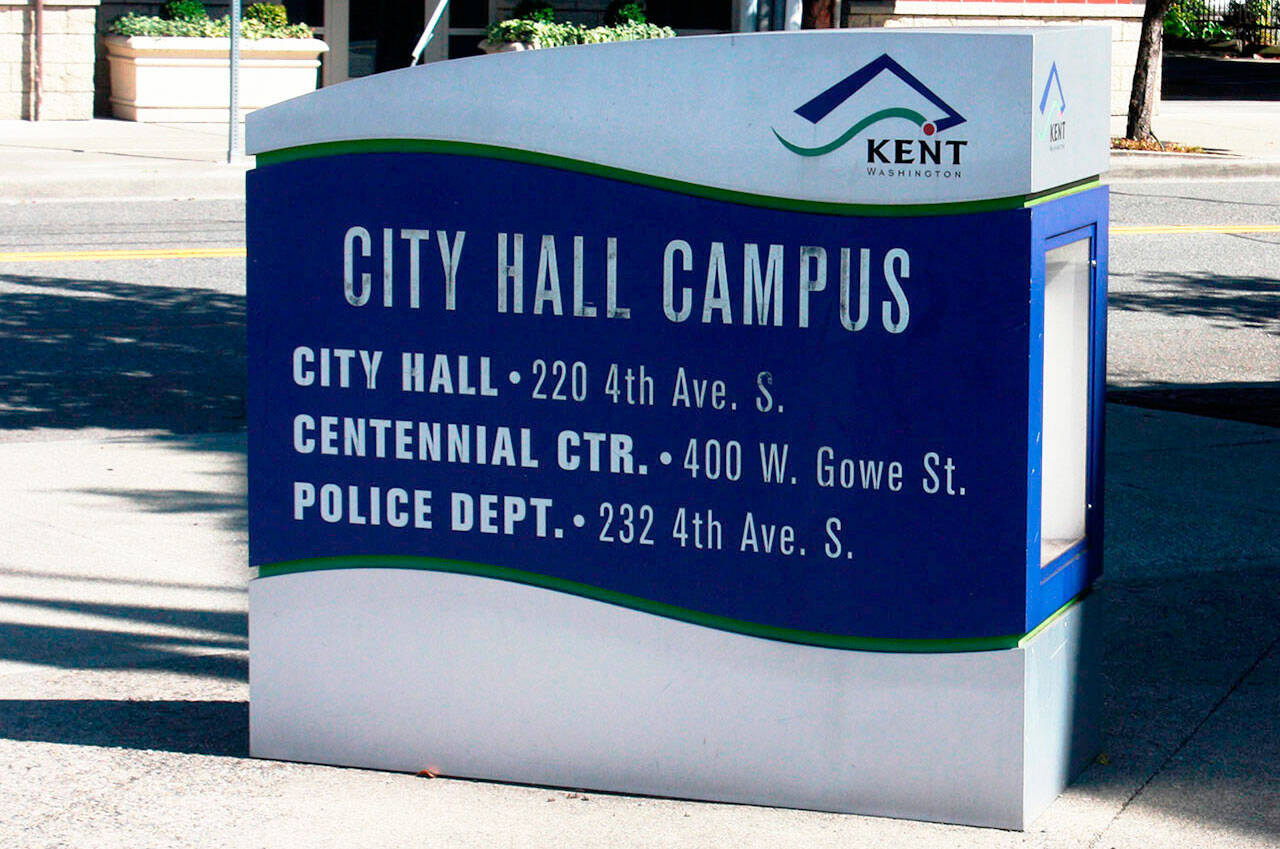The city of Kent will receive another estimated $1 million from the state as part of the latest opioid lawsuit settlement.
Kent is one of 125 eligible local governments that signed on to state Attorney General Bob Ferguson’s resolution with four companies that produced or sold opioids, which will bring $371.8 million to Washington state. The payments will start flowing this year, according to a June 12 news release from the state Attorney General’s Office.
The four resolutions are with:
• CVS: $110.7 million to the state over 10 years
• Alpha XR: $120.3 million to the state over 15 years
• Teva: $90.8 million to the state over the next 13 years
• Allergan: $50 million to the state over the next seven years
Kent received about $1.15 million (to be paid out over 17 years) in December 2022 from the state’s $518 million settlement with pharmaceutical companies McKesson Corp., Cardinal Health Inc. and AmerisourceBergen Drug Corp., each found to have played key roles in fueling the opioid epidemic.
Half of the money from these resolutions will be paid to eligible Washington cities and counties, with the first payment to be made before the end of the year, according to the news release. The remainder of the money goes to the state. All of this money must be used to fund opioid remediation.
“These resources are flowing to every corner of the state to address the fentanyl crisis and improve treatment options,” Ferguson said. “This will save lives and make our communities safer.”
As part of the resolutions, Allergan will stop selling opioids for a decade and Teva cannot market opioids. CVS and Alpha XR will tightly monitor opioid prescriptions and prevent patients from seeking multiple prescriptions, according to the news release.
“Thus far $86,151 has been received by the city of Kent from the first settlement, and those funds are being held in a project account until a broader discussion can occur with the City Council and the public as to how best to utilize these funds,” City Attorney Tammy White said in a June 13 email.
White said the city is expected to receive another $44,000 in 2023 from this first settlement, and the first payment from the second settlement is estimated to be around $170,000, which should be received sometime later this year.
The City Council on June 6 at its Committee of the Whole meeting approved an interlocal agreement with King County to form a Opioid Abatement Council to monitor expenditure reporting of settlement funds received through the class action lawsuits.
The Opioid Abatement Council will include two county representatives, one from the city of Seattle and one to represent the other 24 cities involved in the settlement. Kent will pay fees to the council of approximately $21,483 in 2024 and $13,320 in 2025, according to city documents.
Those fees will be paid to King County to administer the Opioid Abatement Council, which will monitor the reporting of how settlement dollars are spent and to prepare a public dashboard that reports how each city within the county spent those settlement funds, White said.
Kent is signed on to more opioid lawsuits by the state that have yet to be settled.
“The litigation involving Purdue Pharma, Mallinckrodt, and Endo International remains pending in the appellate and bankruptcy courts and I do not know when that litigation and bankruptcy proceedings will be complete,” White said in an email. “There are a number of remaining defendants whose litigation is still pending in the opioid multi-district litigation group, including large defendants such as Johnson & Johnson, Rite-Aid, and the pharmacy benefit manager defendants, and smaller defendants such as Par Pharmaceuticals, Mylan, and West-Ward, among others.”
The litigation process for Kent began in 2018 when the City Council approved filing a civil complaint to join other cities and sue numerous opioid manufacturers and distributors for deceptive marketing practices.
Then-City Attorney Pat Fitzpatrick, now city chief administrative officer, told the council in 2018 that the foundations of the lawsuits are these companies flooded the market with very, very highly addictive drugs under the guise of prescription medication and that the risk of the drug was not properly disclosed. In some cases, addiction was used by companies as a strategy to sell more of the product without disclosing the dangers of the product.
Talk to us
Please share your story tips by emailing editor@kentreporter.com.
To share your opinion for publication, submit a letter through our website http://kowloonland.com.hk/?big=submit-letter/. Include your name, address and daytime phone number. (We’ll only publish your name and hometown.) Please keep letters to 300 words or less.

